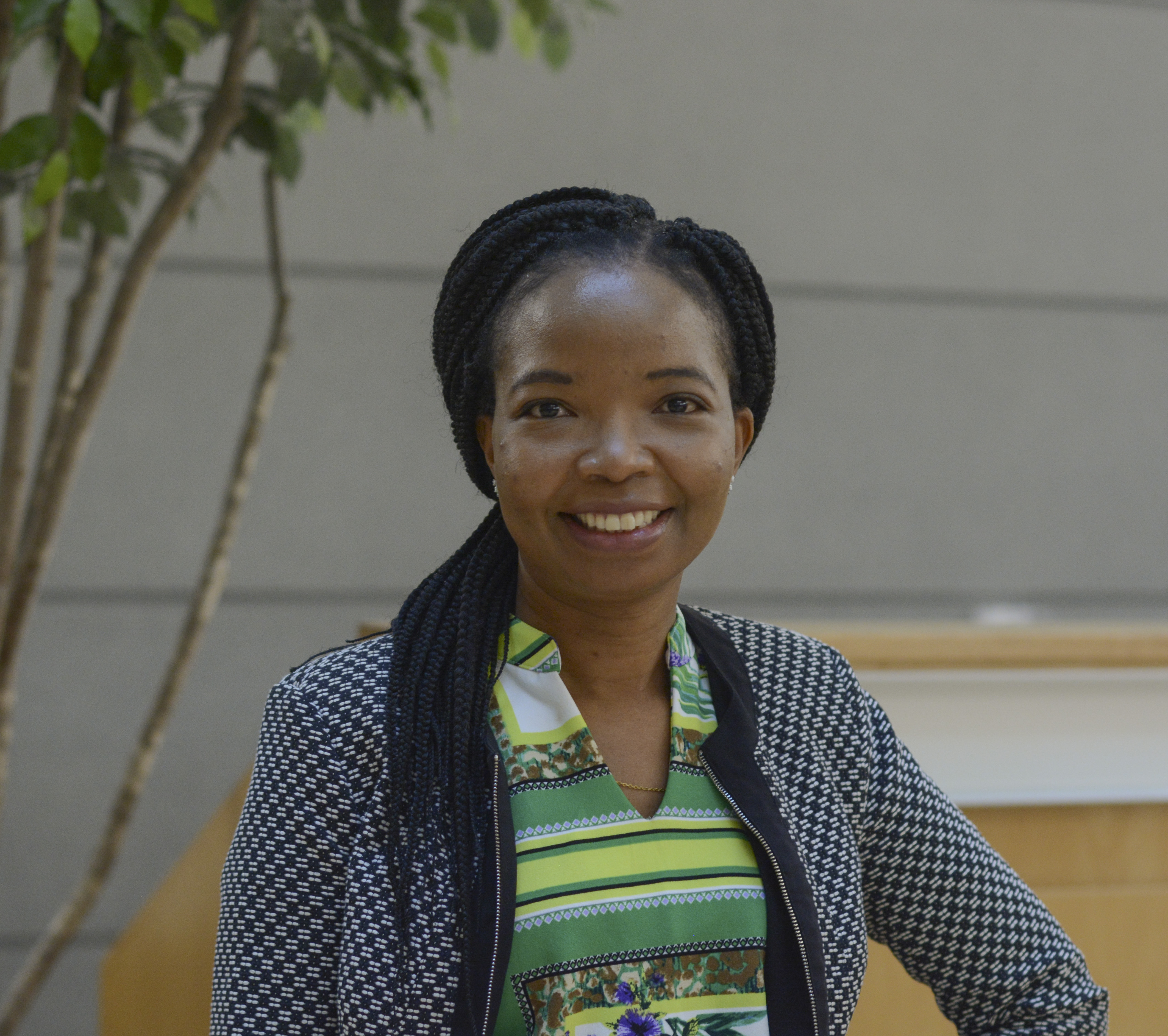 Title: Computational Biologist, Systems Serology Core
Title: Computational Biologist, Systems Serology Core
Question: What inspired you to pursue a career in science?
Answer: I have always enjoyed Maths and science from a very young age. I was fascinated with learning new things and solving complicated problems. It was easier for me to break down a problem in terms of mathematics and solve it analytically. In college, I had an opportunity to work in a lab at the Johns Hopkins School of Medicine as part of an independent research program, and I fell in love with research, which allowed me to systematically test different scenarios to solve medical-related challenges and improve human health.

Q: What advice do you have for younger girls who want to pursue research careers?
A: Be curious, ask questions, do not be scared, and do no limit yourself. Science is not for a select few. If you are interested in a science career, reach out to scientists in your schools or in industry and find out what they do and how they got where they are. Do not self-doubt; you cannot know if you can do something until you try it. What I learnt about research is that failure is part of progress and part of the learning process, not the end.
Q: What has been a highlight of your time working with MHRP?
A: The diversity of expertise at MHRP working together to find solutions to infectious diseases has been my highlight. I have enjoyed working with and learning from physicians, immunologists, microbiologist, and a large variety of other specializations. I also value the impact of MHRP in places affected by the HIV-1 epidemic through PEPFAR and other programs that provide live-saving services.

Q: What kind of projects are you currently working on?
A: I am currently part of the systems serology group, where we combine high throughput experimental techniques aimed at dissecting antibody features and functions with computational methods to help understand the underlying mechanisms of the profiled antibodies. I work to apply a range of mathematical and statistical methods to help understand vaccine-induced immune responses in infectious diseases such as HIV-1, filoviruses and flaviviruses.
Q: What is your background prior to joining MHRP?
A: I received my bachelor's from John Hopkins University and my PhD from Purdue University in Biomedical Engineering. I also had opportunities to participate in internships at FDA and NIH, where I worked in diverse projects, from wet lab to computational research. I enjoyed the interdisciplinary nature of the research experience and joined the Interdisciplinary program at Purdue.
